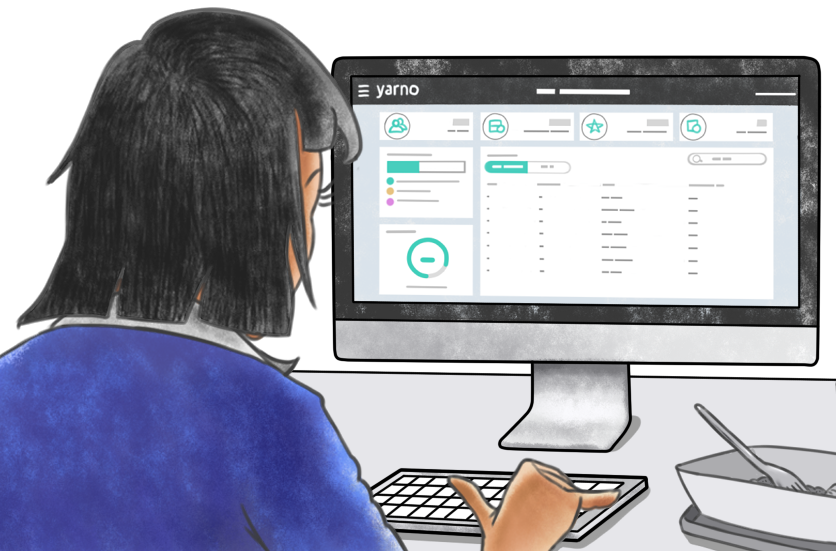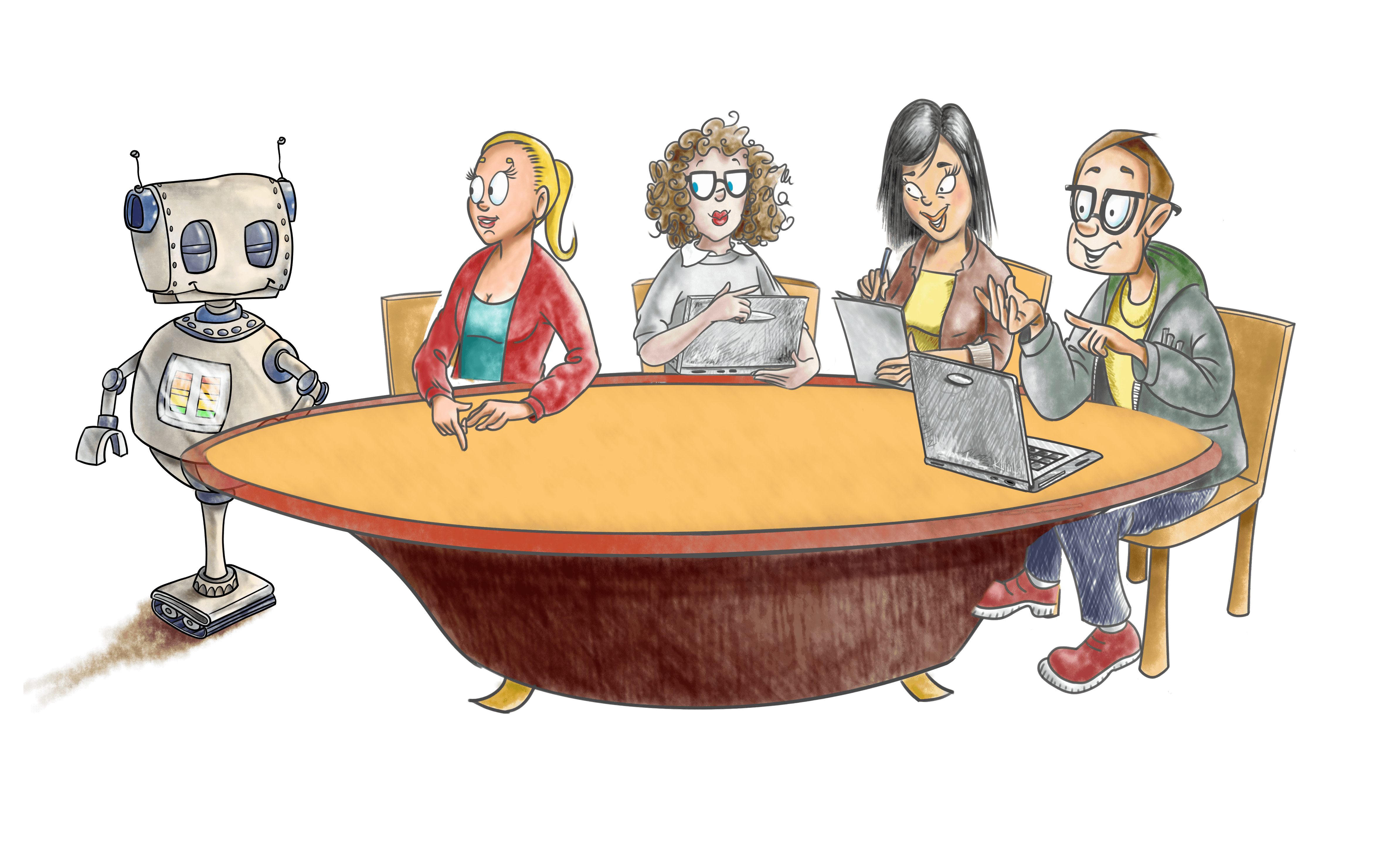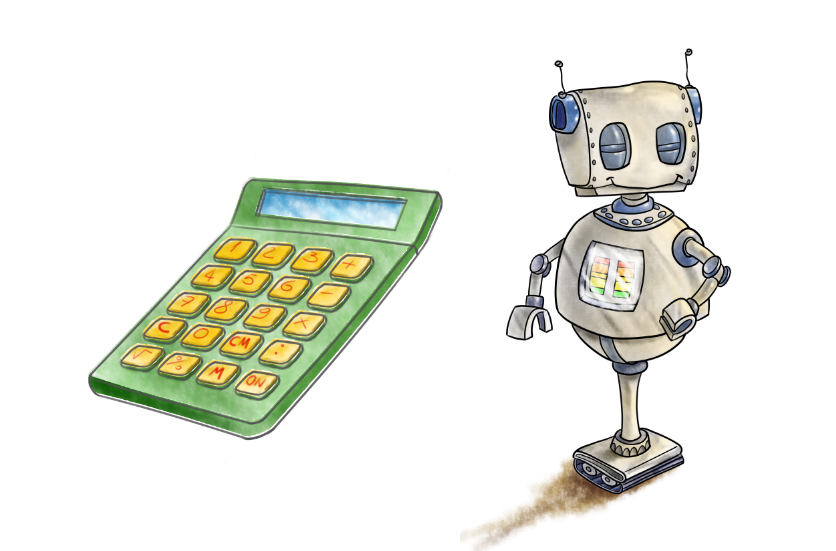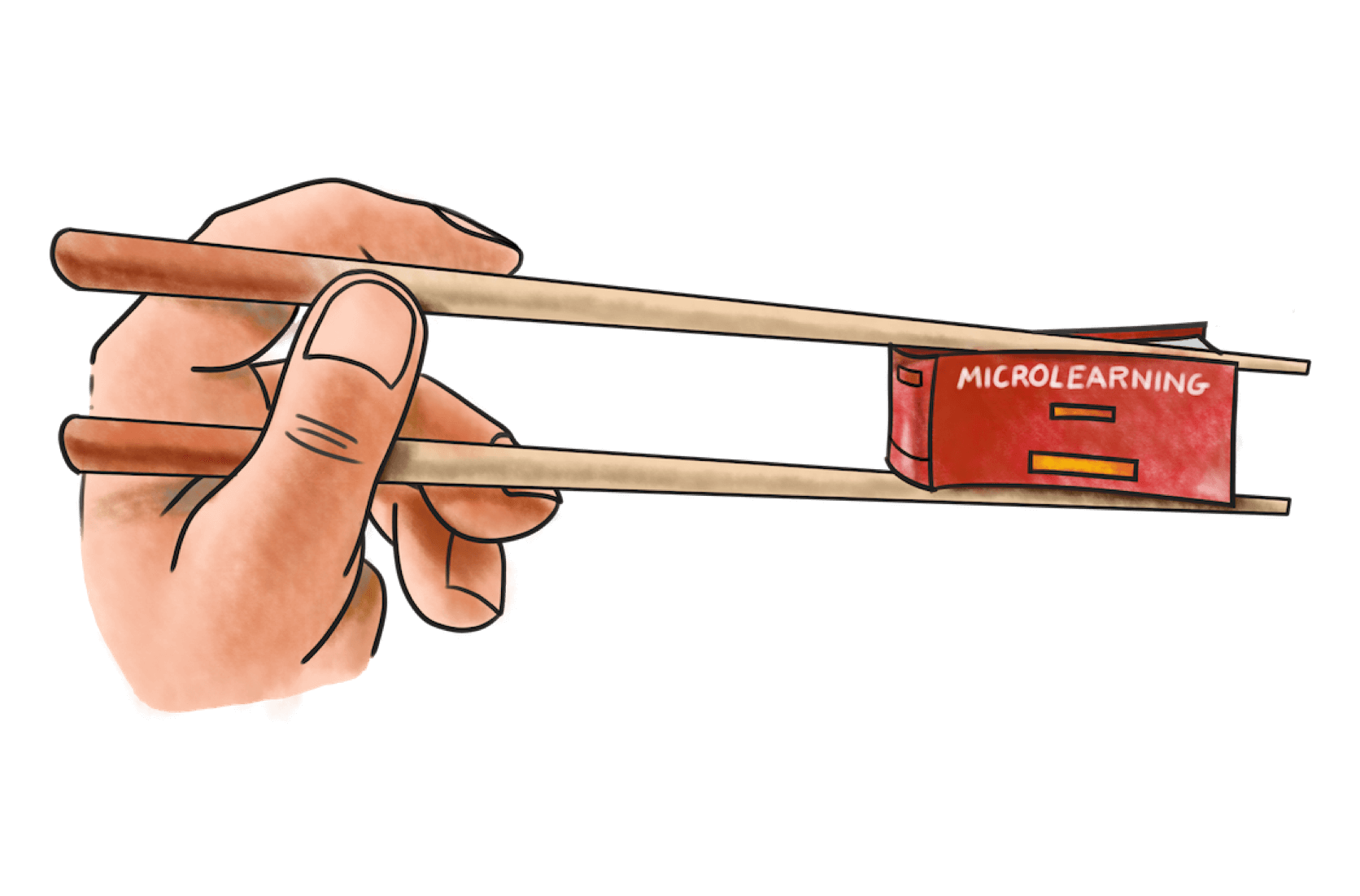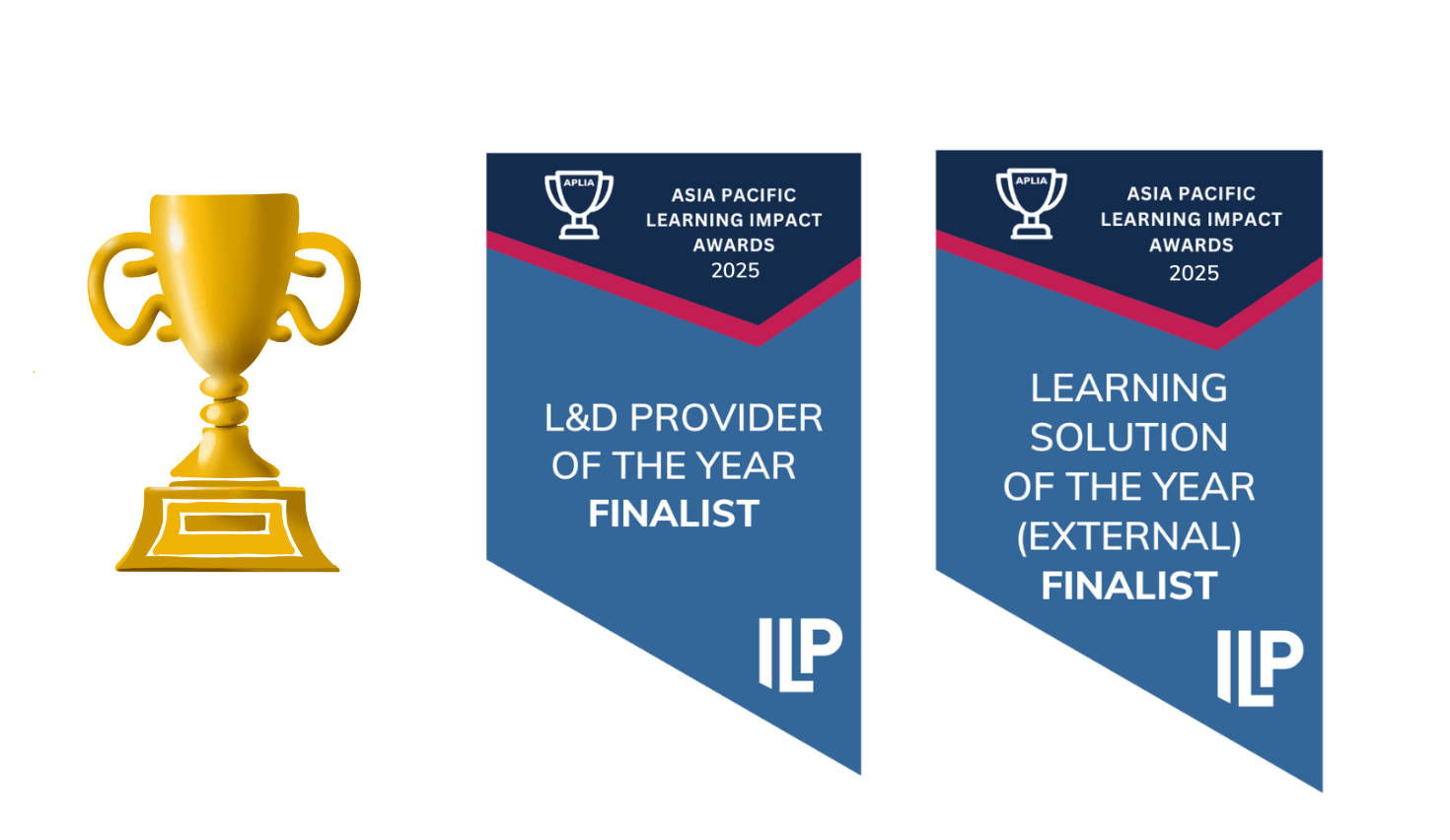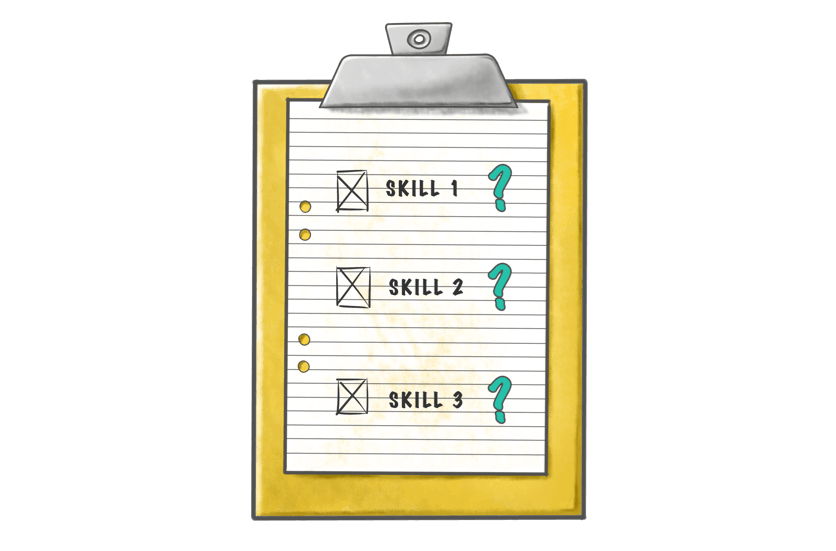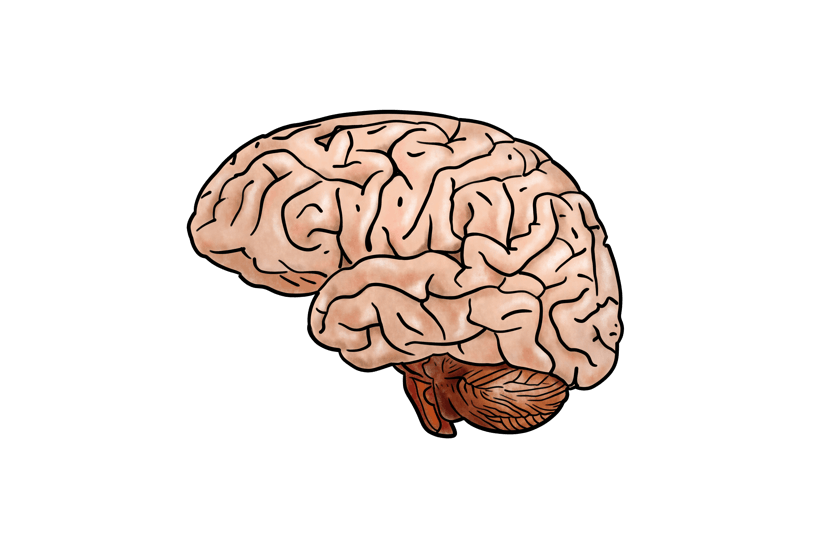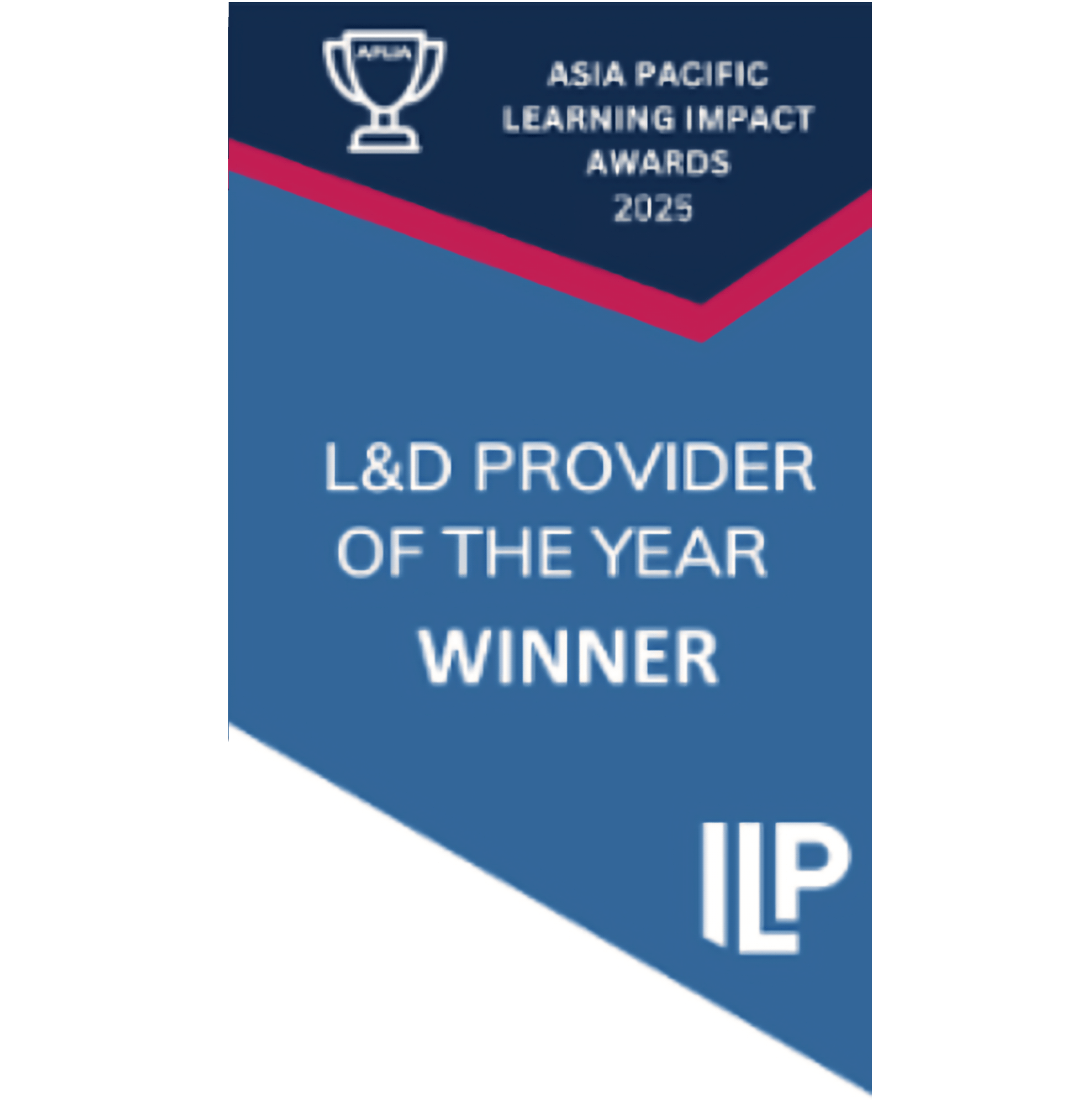
Most of your life, you've macro-learnt. You've sat in class for an hour or hours and been taught a big stack of knowledge. Science, English, Maths; from a textbook or the teacher's mouth. Then you left school, and went to work.
And whether you're the man for the job, or you embellished your resume a little, this job you've got asks a lot of you. To do this and then that and all to the highest standard. You're still expected to learn, to improve, but given so little time to do so. And this is where the difference between micro and macro learning is clearest.Webster's dictionary defines...
Macrolearning: Big learning. Like you do in a classroom, where it takes many hours and you learn many things.
Microlearning: Little learning. Small bites presented daily or a few times a week over a long period of time.
Head to head
Which is better? Well, it depends.
Macrolearning - benefits
Macrolearning is a mountain. You begin at the bottom and it's a hard slog, but eventually, you reach the top and can look and gasp - how far you've come! We need macrolearning. Macrolearning allows us to build foundations and understand concepts. You can hardly jump straight into the Theory of Relativity. First, you must understand time and space and gravity, all with at least moderate proficiency, before the mind can bend itself around the blending of time and space.
Macrolearning requires an investment. Time and effort. But it can reap great rewards; you can't upload theoretical physics straight to your head. It takes time, and patience, and hundreds - if not thousands - of pages of content.
Microlearning - benefits
Microlearning is a treat. It's light and sweet and over before you know it. Microlearning is how the concepts sink in and stick. The only way to truly learn is through repetition. You studied 12 hours but 12 months down the track how much do you remember? In this way, there are two big benefits to microlearning:
- It tests and refreshes knowledge: You study, wait a while, and then a microlearning quiz is sent to you. In a couple of minutes, you've tested how much you really know and revised the things that have slipped your mind.
- It builds from foundational principles: So you've got the basics of a topic, but what about this specific thing that you really need to do? And you need to do it right now? That's where microlearning comes in. A quiz, a video, a short explanation of what you need to know, right when you need to know it. No harm, no fuss, no lost time.
The learning ecosystem
Here's an overused metaphor: they're yin and yang. Micro and macro learning exist in a balance, with each balancing and benefitting from the other. It's not enough to study eight hours and then never revise the content again. And just the same, 3 minutes a day will never teach you Theoretical Physics. Learning and mastery is not just one thing, but many things, completed over time, towards the same goal.
Once you've built your macro-understanding of a topic, you need the micro to come in and refine and revise it. It's how you get better, it's how you become a master, it's how you build skills that stick.
To learn about the big impact little bites of learning can have, download our microlearning white-paper.




